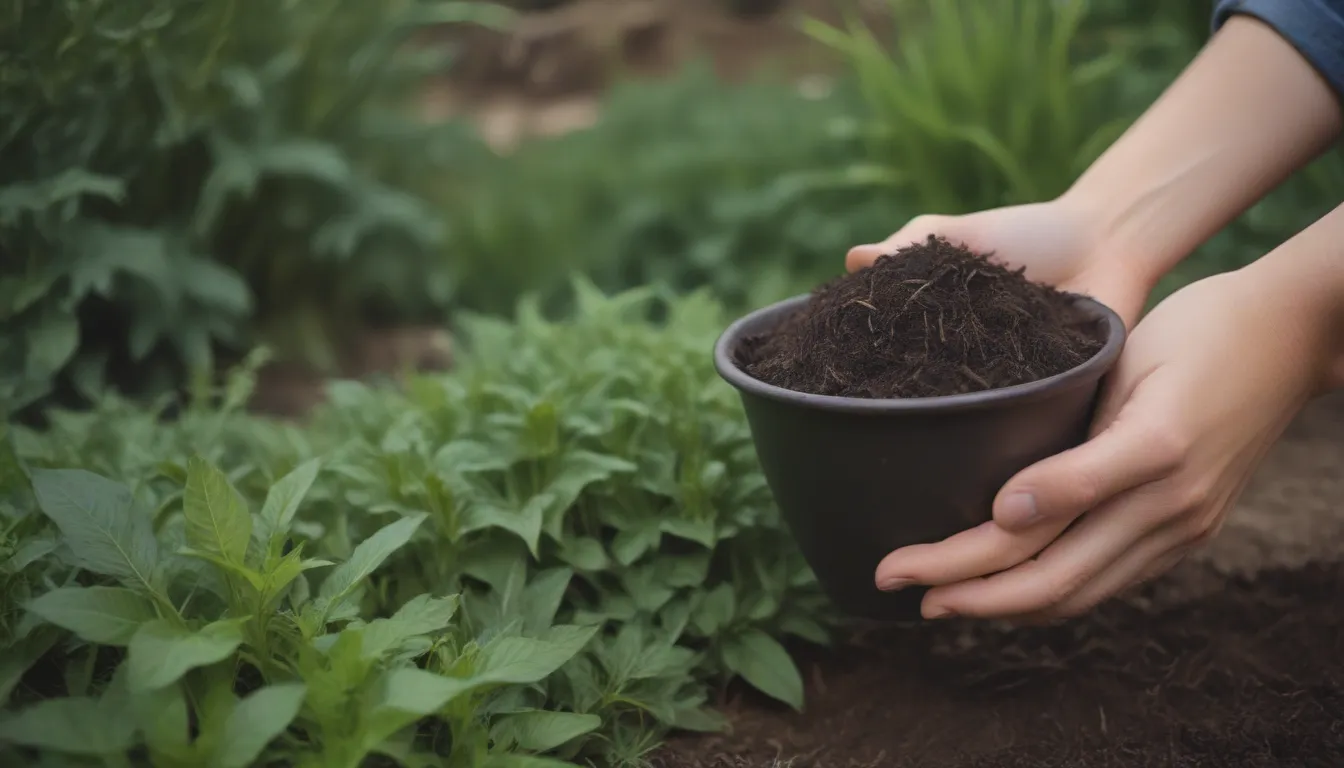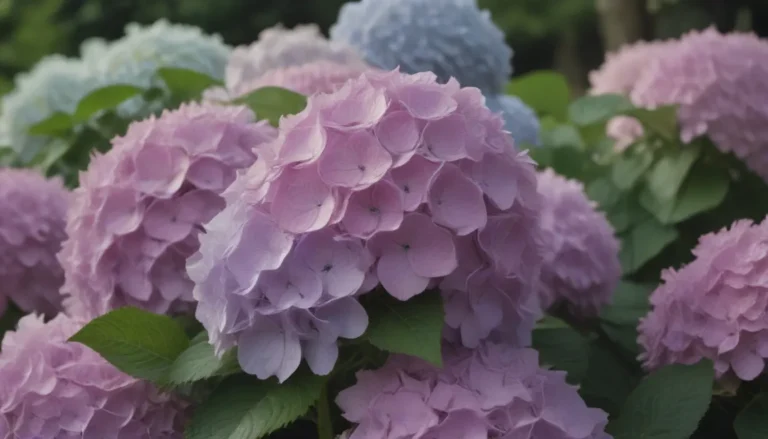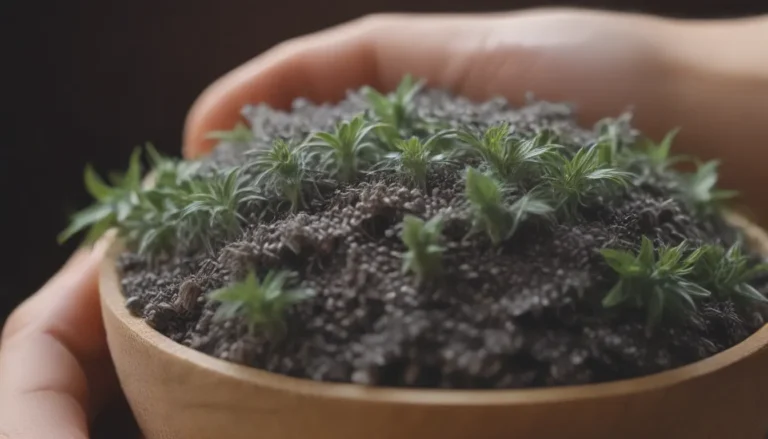The Benefits of Using Manure Tea in Your Garden

Are you looking for an easy and natural way to fertilize your garden and boost the health of your plants? Look no further than manure tea! This nutrient-rich concoction is simple to make and apply, providing your garden with a source of organic nitrogen fertilizer that will help your plants thrive. In this article, we will explore the ins and outs of making and using manure tea in your garden, so you can enjoy a bountiful harvest and beautiful blooms all season long.
Why Use Manure Tea?
Manure tea is a fantastic way to enrich your garden soil and provide your plants with the nutrients they need to grow strong and healthy. It is a cost-effective and eco-friendly fertilizer option that can benefit a wide variety of plants, from vegetables to flowers to trees. By using manure tea in your garden, you can:
- Improve soil fertility
- Boost plant growth and productivity
- Enhance plant resistance to diseases and pests
- Encourage beneficial microorganisms in the soil
With just a bit of manure and some brewing time, you can create a powerful fertilizer that will nourish your plants and help them reach their full potential.
Choosing the Right Manure
When making manure tea, it’s essential to use the right type of manure. Horse, cow, poultry, goat, and rabbit manure are all suitable options for creating manure tea. These types of manure are rich in nitrogen, which is essential for promoting healthy plant growth. However, it’s important to avoid using manure from carnivores such as cats and dogs, as these can contain harmful pathogens that could pose a risk to your health.
You can obtain manure from a local farmer or purchase bagged manure from your nearest nursery or garden center. Whichever source you choose, make sure the manure is fresh and free of any contaminants that could potentially harm your plants.
Making Manure Tea
There are two simple methods for making manure tea:
-
Throw everything in a bucket: This method involves mixing manure with water in a bucket and allowing it to steep for a period of time.
-
Make a manure tea bag: Alternatively, you can place the manure in a mesh bag or cloth and steep it in water to extract the nutrients.
Regardless of the method you choose, the end result will be a nutrient-rich liquid that can be diluted and applied to your plants.
Diluting Manure Tea
Before using manure tea on your plants, it’s essential to dilute it with water to ensure that it doesn’t burn your plants or cause nutrient imbalances. The diluted tea should have a pale brownish-yellow color, resembling weak tea. This will indicate that it is properly diluted and ready to be applied to your garden.
Applying Manure Tea
Manure tea can be applied to your plants in two ways:
-
Foliar feed: Strain the manure tea to remove any solids, dilute it to the desired strength, and spray it on the foliage of your plants, making sure to cover both the top and underside of the leaves.
-
Soil application: Pour diluted manure tea around the base of each plant, allowing the nutrients to seep into the soil and reach the roots of your plants.
For best results, apply manure tea weekly throughout the growing season to ensure that your plants receive a steady supply of nutrients.
Plants to Fertilize With Manure Tea
Manure tea can benefit a wide range of plants in your garden, from vegetables to flowers to shrubs. However, it’s essential to avoid using manure tea on root crops such as carrots, radishes, turnips, potatoes, and beets. These plants require more potassium than nitrogen, and an excess of nitrogen could lead to excessive foliage growth at the expense of root development.
By incorporating manure tea into your garden care routine, you can promote healthier and happier plants that will reward you with bountiful harvests and beautiful blooms. So why not brew up a batch of manure tea for your garden this season and watch your plants thrive!
Manure Management, UM Extension
In conclusion, manure tea is a simple and effective way to fertilize your garden naturally, providing your plants with the nutrients they need to grow strong and healthy. By following these tips and guidelines for making and using manure tea, you can enjoy a thriving garden that will reward you with beautiful blooms and bountiful harvests all season long. So why not give manure tea a try in your garden and see the difference it can make for your plants? Happy gardening!





